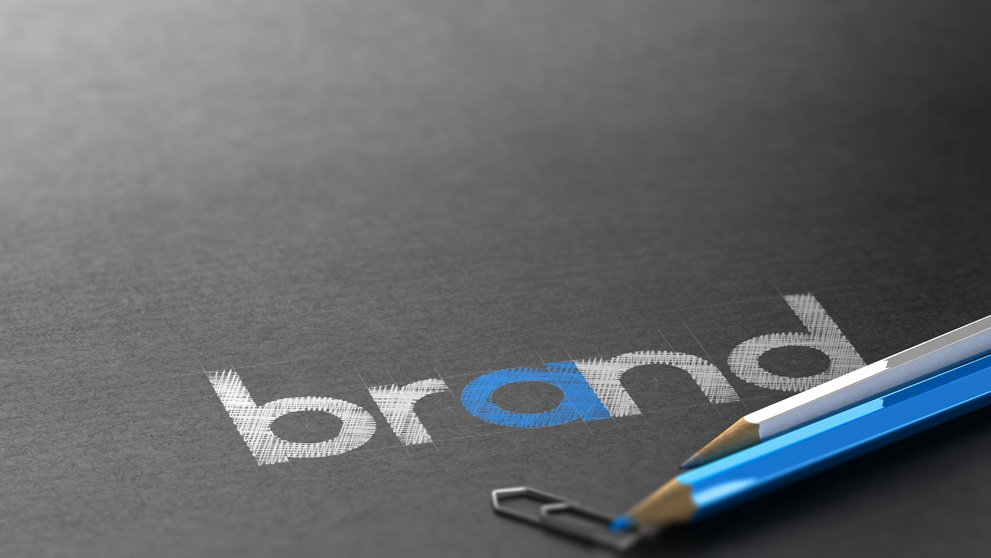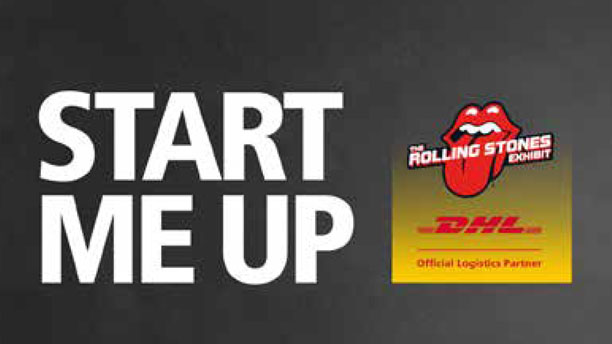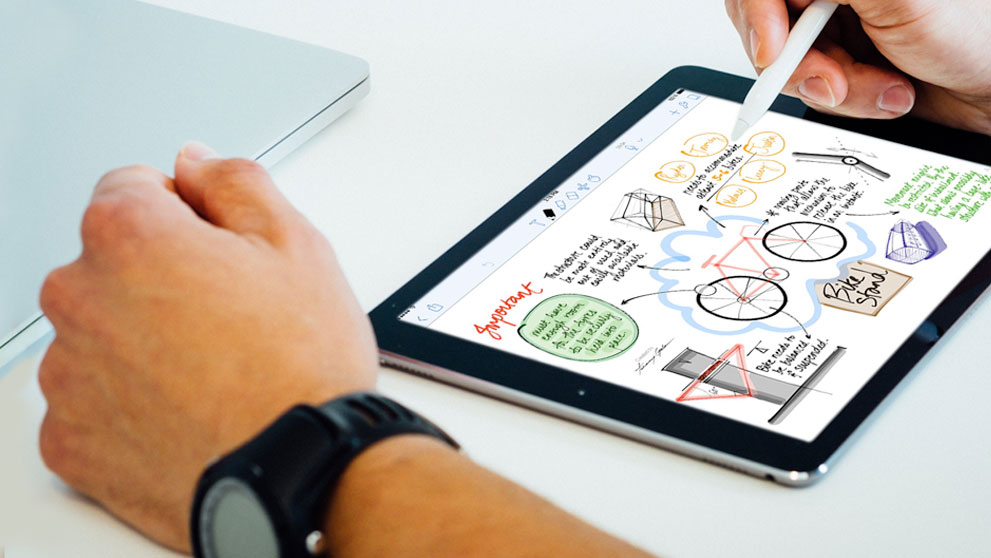With an increasing number of businesses set up in Australia, what should you do if you’re planning to jump on this bandwagon? Read on to find out what you need to start your own company and learn how you can take the first steps.
It was recently reported that the number of new businesses in Australia increased by 1.4% in the June quarter of 2021 alone. This amounts to 34,000 start-ups created in spite of the pandemic. In fact, retail trade is among the top three industries with the largest percentage growth between 2020 to 2021. These exciting numbers give prospective business owners all the more reason to consider putting their ideas into action.
If you’re an aspiring entrepreneur looking to start your own company in Australia, it is first and foremost crucial to have a written plan to ensure your business profitability. At this stage, not only will this give you time to think through your ideas and the finances involved, but you can also set milestones for yourself to achieve in the years ahead. Think of this as your roadmap to success – even online businesses working from home can stand to gain from making an in-depth plan in advance.
Wondering how to make a business plan and kickstart your small company operations at home or in the office? Here’s how you can get started in the right direction.
How to create a business plan
Especially if you are starting a company with little or no money, you will need a solid business plan to attract potential investors. Fortunately, there are business plan templates available to guide you through the process of writing one. Some of the most important components to cover include:
Registration details such as your business name, structure and Australian Business Number (ABN).
Summary providing information about your business and target audience. Here, you can also consider the unique selling points of your products or services and what makes your business stand out.
Market analysis that explores customer pain points and how your business aims to solve them. You can also make use of the SWOT (Strengths, Weaknesses, Opportunities, Threats) analysis to have a clearer understanding of your industry.
Finances to outline how much money you currently have and the funding you will need.
You can prepare your business plan alongside the mandatory company registration in Australia.
How to start a company here in Australia: The steps involved
1. Decide on your business structure
For starters, you will need to choose any one of the following business structures in accordance with business.gov.au:
Sole trader: A low-cost structure that’s easy to set up, you will be legally responsible for all aspects of your business as a sole trader.
Company: As compared to a sole trader or partnership, a company is a separate legal entity. While it is more complex to run, you can enjoy a wider access to capital.
Partnership: Where more than one person is involved in the business, a partnership structure may be suitable for your organisation. This is also relatively easy and affordable to set up.
Trust: Should there be a beneficiary involved, a trust structure will be preferred to offer some level of asset protection. Do note that this will be costly to establish.
Joint venture: For specific tasks or projects, you may enter a joint venture agreement with the other parties to save money.
Co-operative: Co-operatives are owned and controlled by their members, who have an equal say in the direction and operations of the business. A minimum of five members is required.
Indigenous corporation: For Aboriginal and Torres Strait Islander businesses, the structure of an indigenous corporation can provide a number of advantages including grants and access to advice.
2. Have a company name in mind
Once you’ve settled on your business structure, next on the list of to-dos is registering a name for your organisation. If you are a sole trader, you won’t have to do so if you are using your own personal name. On the other hand, if you are choosing another name or have opted for the other business structures, you will need to register an available name with the Australian Securities and Investments Commision (ASIC).
You may also apply for an Australian Business Number (ABN) while registering for a business name. This 11-digit number will be unique to your company and is required for tax purposes or other business-related activities in the country.
3. Complete other legal paperwork
Once completed, you can proceed to register for a Tax File Number (TFN). A separate TFN to your individual TFN is not required if you are a sole trader. However, for other business structures, the TFN is essential to lodge tax returns electronically as well as qualify for government benefits.
Additionally, should your business have a Goods and Services Tax (GST) turnover of more than AU$75,000, registration of GST is necessary for your business. This also applies if you are expecting your turnover to hit the GST threshold within the first year. Bear in mind that you will need to have your ABN in order to complete your GST registration.
Failure to meet your tax obligations can incur penalties and interest.
4. Secure a domain name
Any organisation can benefit from having a domain name, regardless of whether you are an online business or not. This makes it easier for your customers to find your brand on the internet, helping you reach your target market more effectively. You can use the WHOIS service to check the availability of your domain name and finalise your name choice with an auDA-accredited registrar.
With the above steps done and dusted, you can start planning your logistics strategy right down to the packaging design when delivering your products to your customers in Australia and overseas. For more insights, stay up-to-date with the latest industry news provided by DHL Express.





































